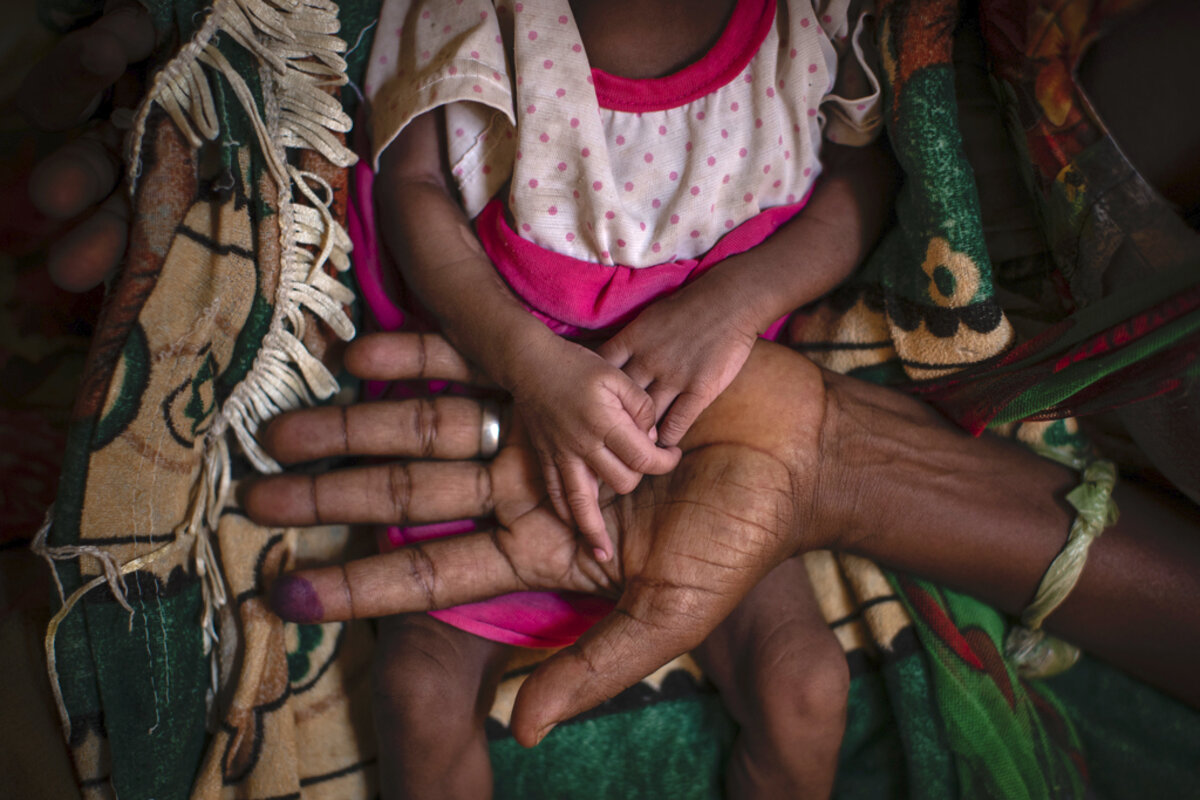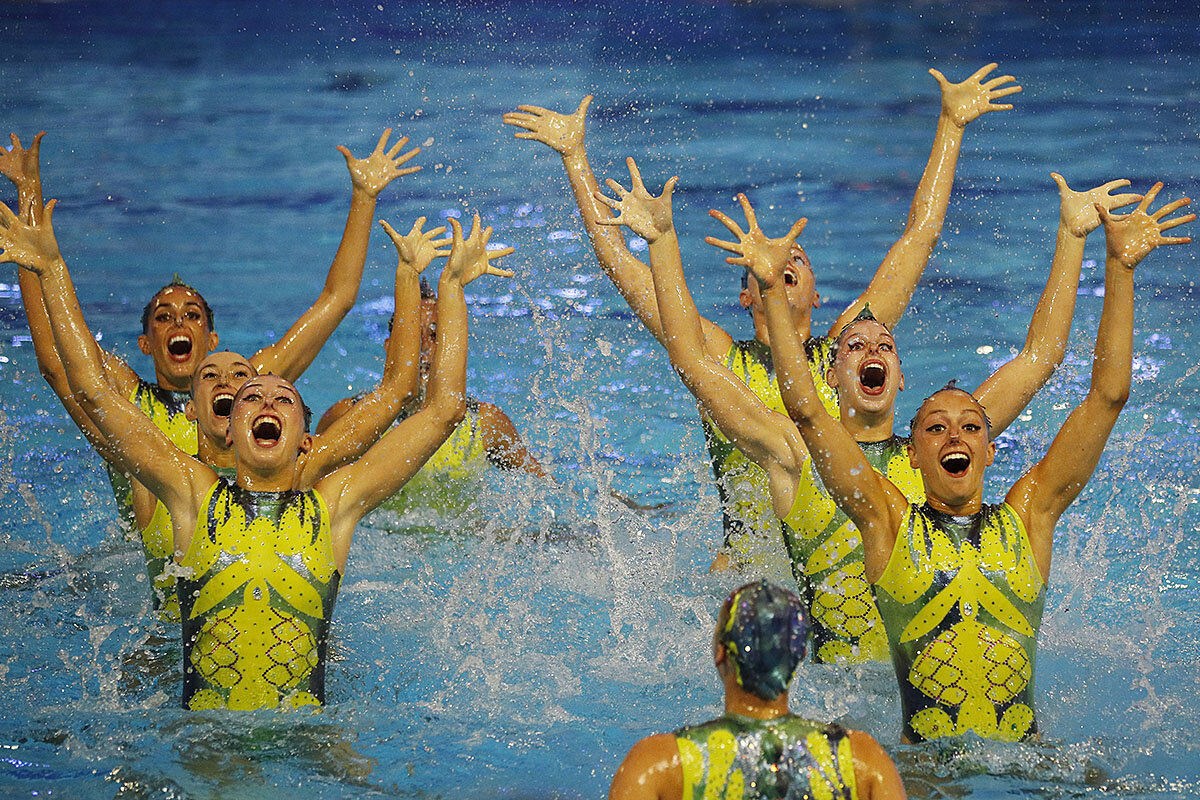Iran’s conservative power brokers, fearing they could not win a fair election, are tipping the scales like never before, upsetting the balance between “Islamic” and “Republic” aspects of the regime.
Monitor Daily Podcast
- Follow us:
 Linda Feldmann
Linda Feldmann
Anticipation is high – and expectations low – ahead of next Wednesday’s summit between Presidents Joe Biden and Vladimir Putin. Such mixed emotions also marked this week’s convening of the Dartmouth Conference, now in its seventh decade as the longest-running citizens’ dialogue between prominent Americans and Russians.
There was joy over the recent extension of New START, the last remaining U.S.-Russian arms control agreement. And delegates mourned the COVID-19-related passing of the beloved Orthodox priest in the Russian delegation, Metropolitan Feofan of Kazan. The pandemic also forced this week’s dialogue onto Zoom.
“This was a unique undertaking,” said Matthew Rojansky, director of the Kennan Institute and a conference organizer, in an email. “To come together and speak frankly and productively to one another, despite the long-distance virtual format and despite the acute tensions in the relationship today, was very powerful.”
The suite of crises in U.S.-Russian ties – from Ukraine and Belarus to cyberattacks and election interference – has only grown since this reporter joined the Dartmouth dialogues in 2015. Thankfully our discussions, led by veterans of diplomacy, avoided going down polemical rabbit holes.
Instead, the more fruitful areas of engagement remain in civil society, among librarians, physicians, religious leaders – and now a new working group, firefighters.
One can imagine common ground on , faced increasingly by both countries amid climate change. But J.P. Natkin, a battalion chief in New York’s Westchester County and leader of the U.S. Dartmouth “fire and emergency services” team, tells me the focus is much broader: to share ideas on training and techniques, and to build ongoing relationships.
“The fire service is like a giant, global fraternity and sorority,” Mr. Natkin says. “Whenever I travel, I always go to the firehouse. You go in, you have coffee, you talk. They are my brothers and sisters.”












